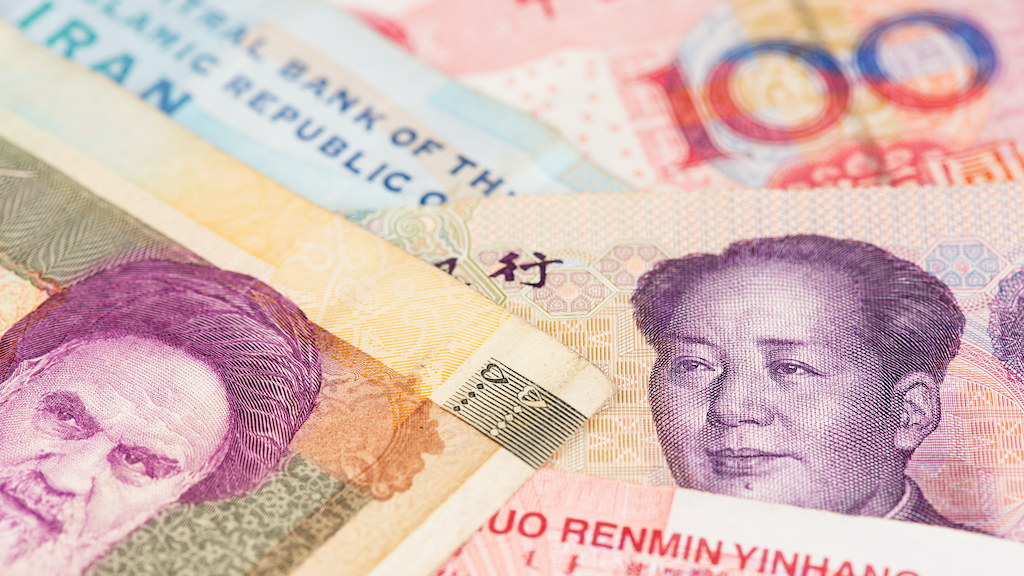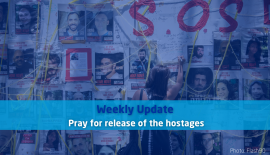The Future of Pro-Israel Advocacy
On 11 July 2020, the New York Times published the main points of a leaked version of a draft agreement between China and Iran. One may think that this is not really anything new. After all, there have been strong diplomatic and economic relations between communist China and the Iranian regime for a long time. However, this new deal sparked a debate even inside the Iranian regime as members of the Iranian Parliament expressed their fear that Iran would be sold out to China. The scope of the deal seems to justify that fear. It encompasses not just economic relations but also military cooperation and a strong Chinese presence in the Gulf. The agreement refers to joint military exercises, intelligence cooperation, joint research, and the development of weapons systems. One persistent story is that China will even build bases for their fighter jets on the Iranian islands in the Gulf. That would basically replicate the Chinese strategy for attempting to achieve dominance in the South China Sea (which actually stretches to far beyond China). The total amount of this deal is apparently worth $400 billion in 25 years.
It is clear that this will be a serious problem for everyone else in the Middle East as well as the US and Europe. It will place China in a position to control access to a huge portion of the global oil and gas supplies as well as a very strategic position towards both the EU and the US. It would strengthen the Iranian regime significantly. All of this means the deal is a direct threat to Israel and the Arab world generally.
This brings me to the core issue. The main reason that this Chinese – Iranian deal is so worrisome is that this almost unifies at the geopolitical level two authoritarian and aggressive regimes. These regimes oppress all those who fall under their sphere of influence and allow no freedom to their subjects. These regimes and their vassals (such as the Assad regime in Syria and Hezbollah or the Iranian militias in Iraq) are spreading oppression and end freedom wherever they go. This global trend can be seen in the fact that Russia, Iran, China and Turkey are operating more and more as one authoritarian block to keep these oppressive systems in power at the expense of the fundamental freedoms of billions of people. That is why recent attempts by the US to place sanctions on Iran are blocked in the UN Security Council, as Russia and China protect Iran. The increased aggression by Turkey in the region has to be seen in the same light. This is the reason the UAE recently sent jets to Greece and Cyprus to support them against Turkey.
The Middle East is, once again, the fault line between freedom and oppression. And Israel appears to be an indispensable partner to maintain freedom in that region and the world. The UAE – Israel agreement has to be understood in that light. The slow reforms in the Arab world as well. There where one can detect slow change in the Arab world towards freedom, we see the reverse in Turkey, Iran and those areas that fall under Iranian or Turkish influence. One cannot imagine that freedom can keep a foothold in that part of the world without Israel. Actually, one representative of the Baloch people in Iran made exactly that point in the Jerusalem Post on 12 January 2019: “The reality of the world and the region dictates the need for more strategic cooperation and understanding between the oppressed nations of the Middle East and Israel.”
In my opinion, it is important that those who are active in advocacy for Israel see this broader picture and adapt accordingly. That would also build on the Israel/UAE/Bahrain agreements. If President Trump fails to win a second term, it is clear that pro-Israel advocacy will have to make an argument that reaches beyond the traditional constituency. Clarifying the position of Israel as an essential party in the global defence of freedom would communicate reality in a way that many more can relate with.





